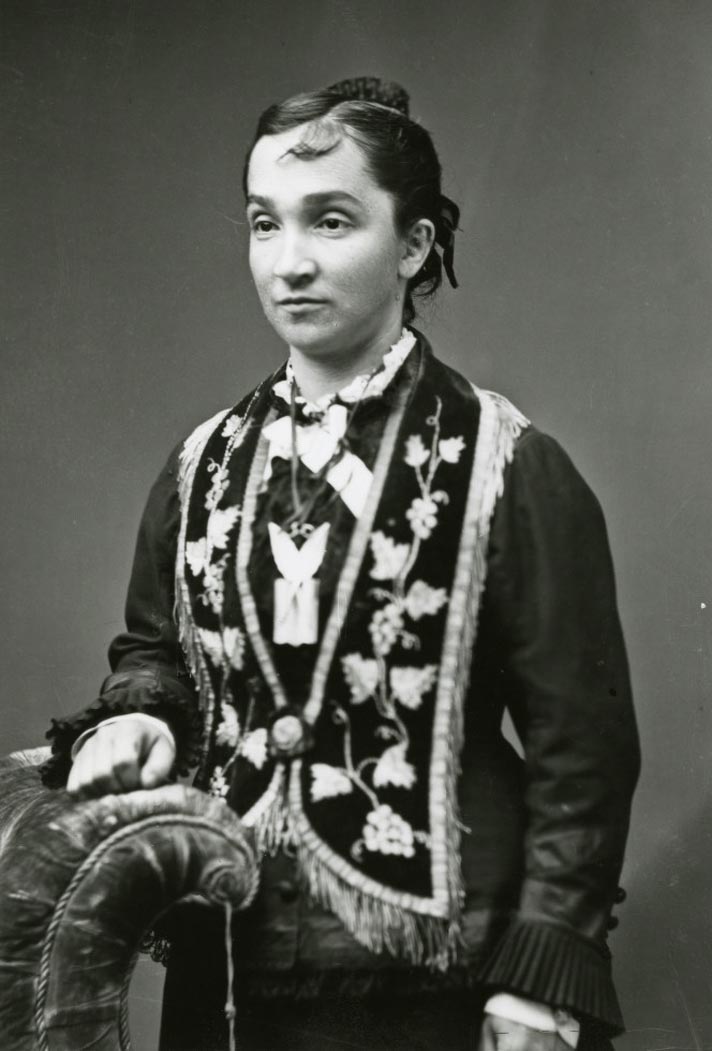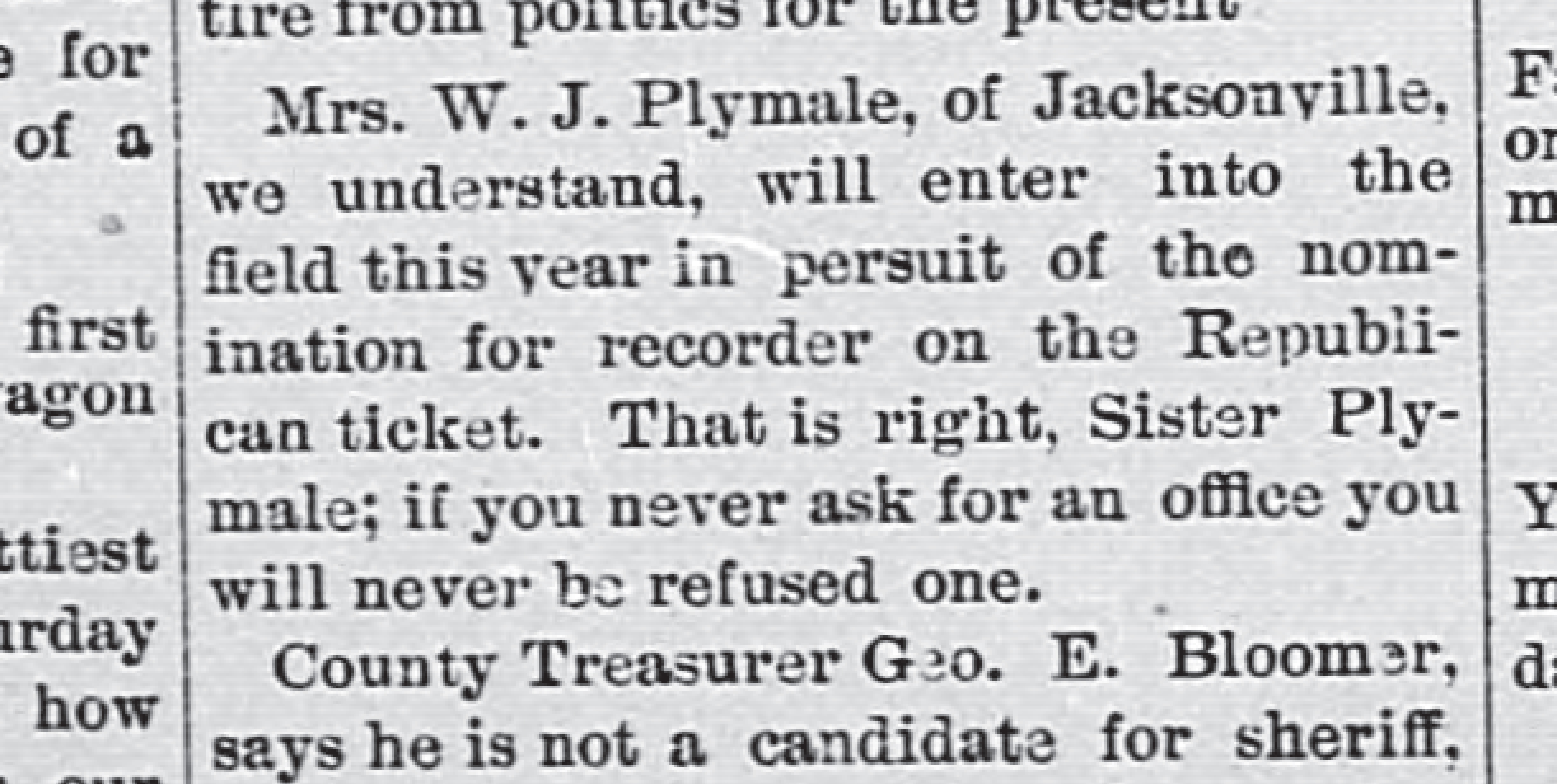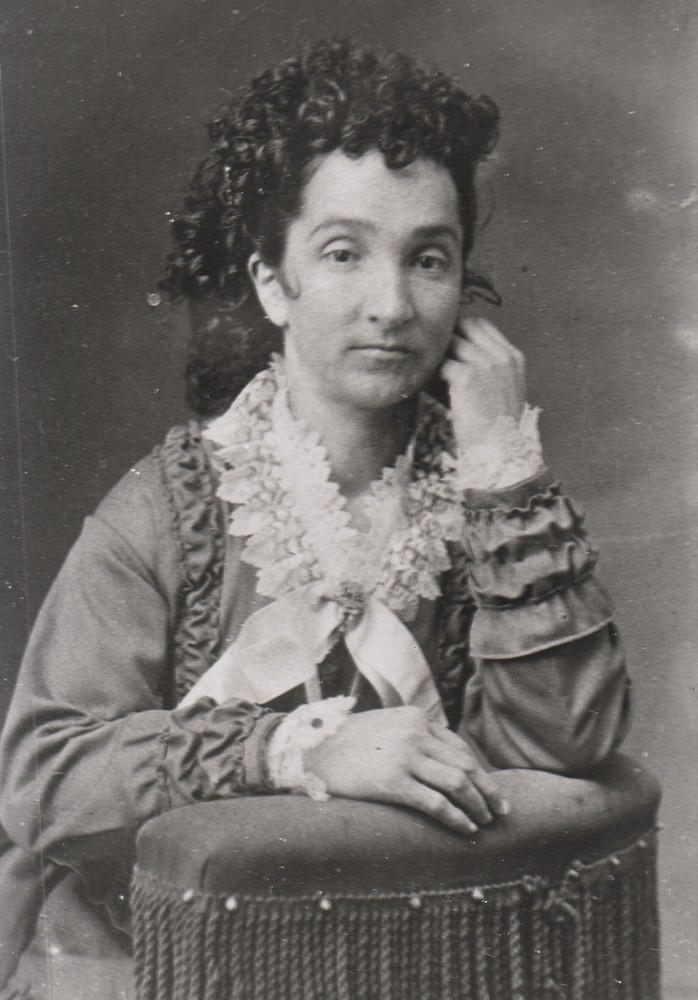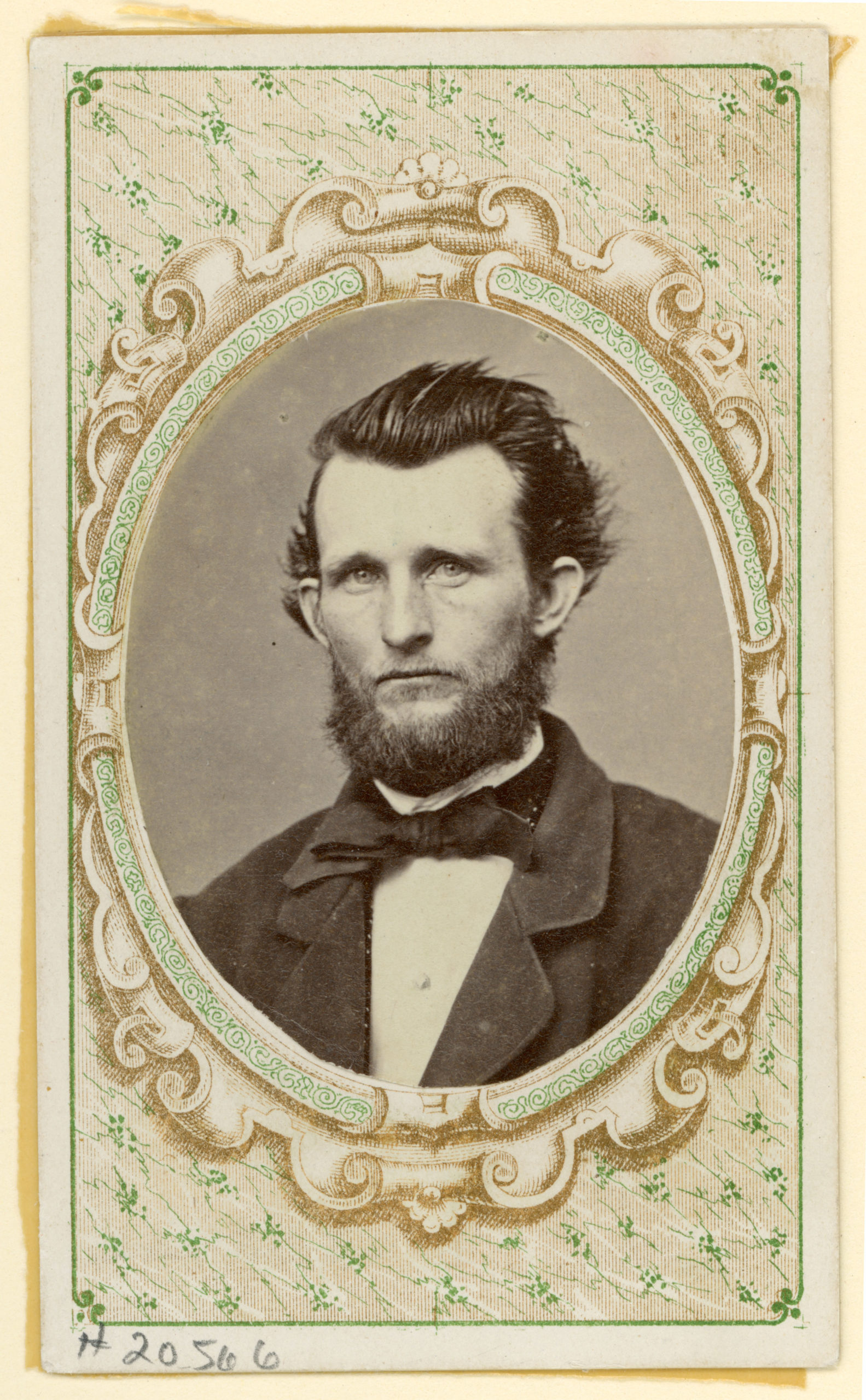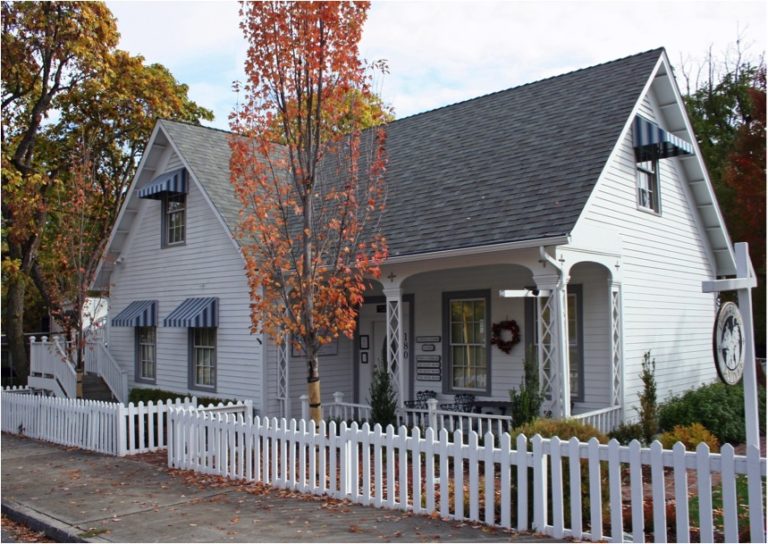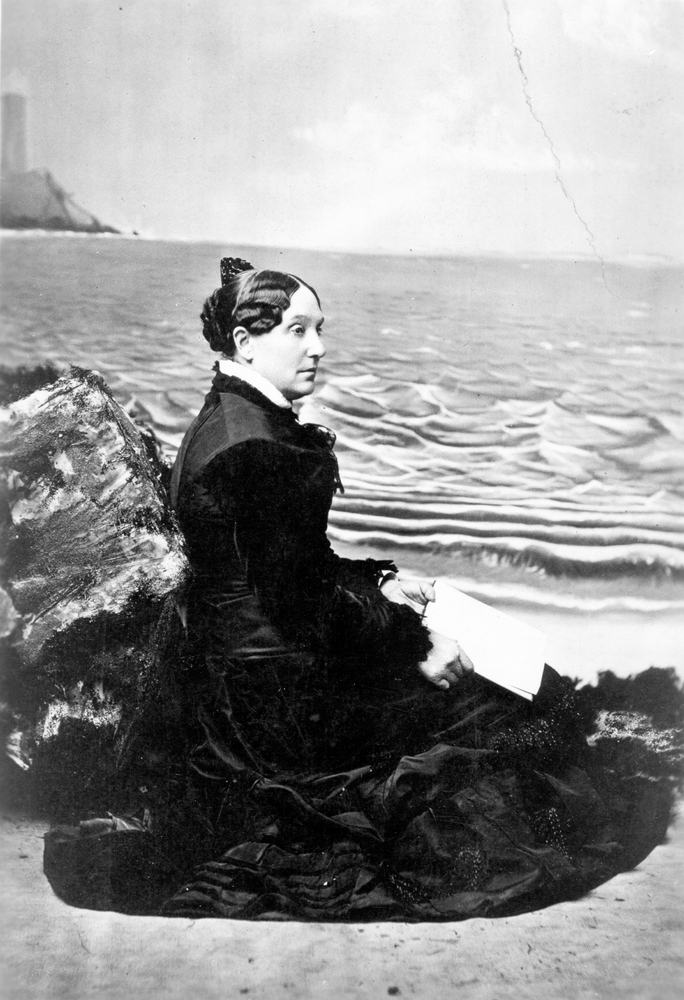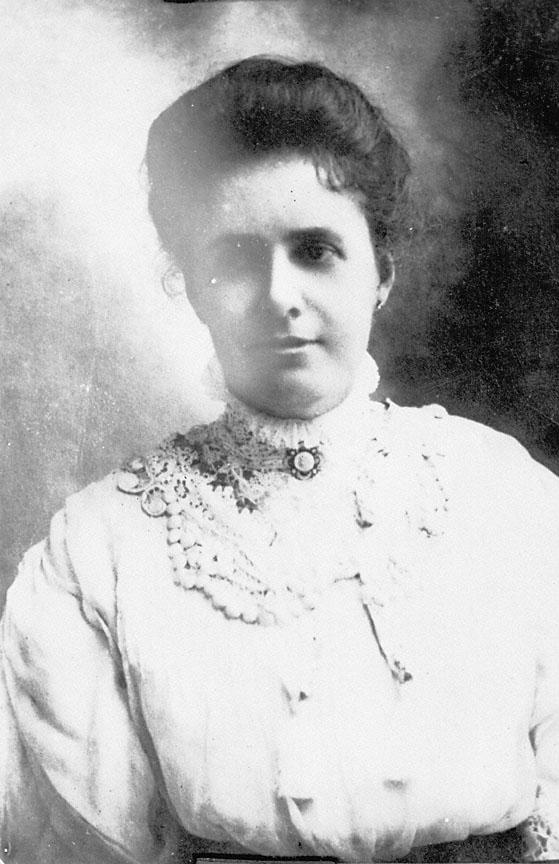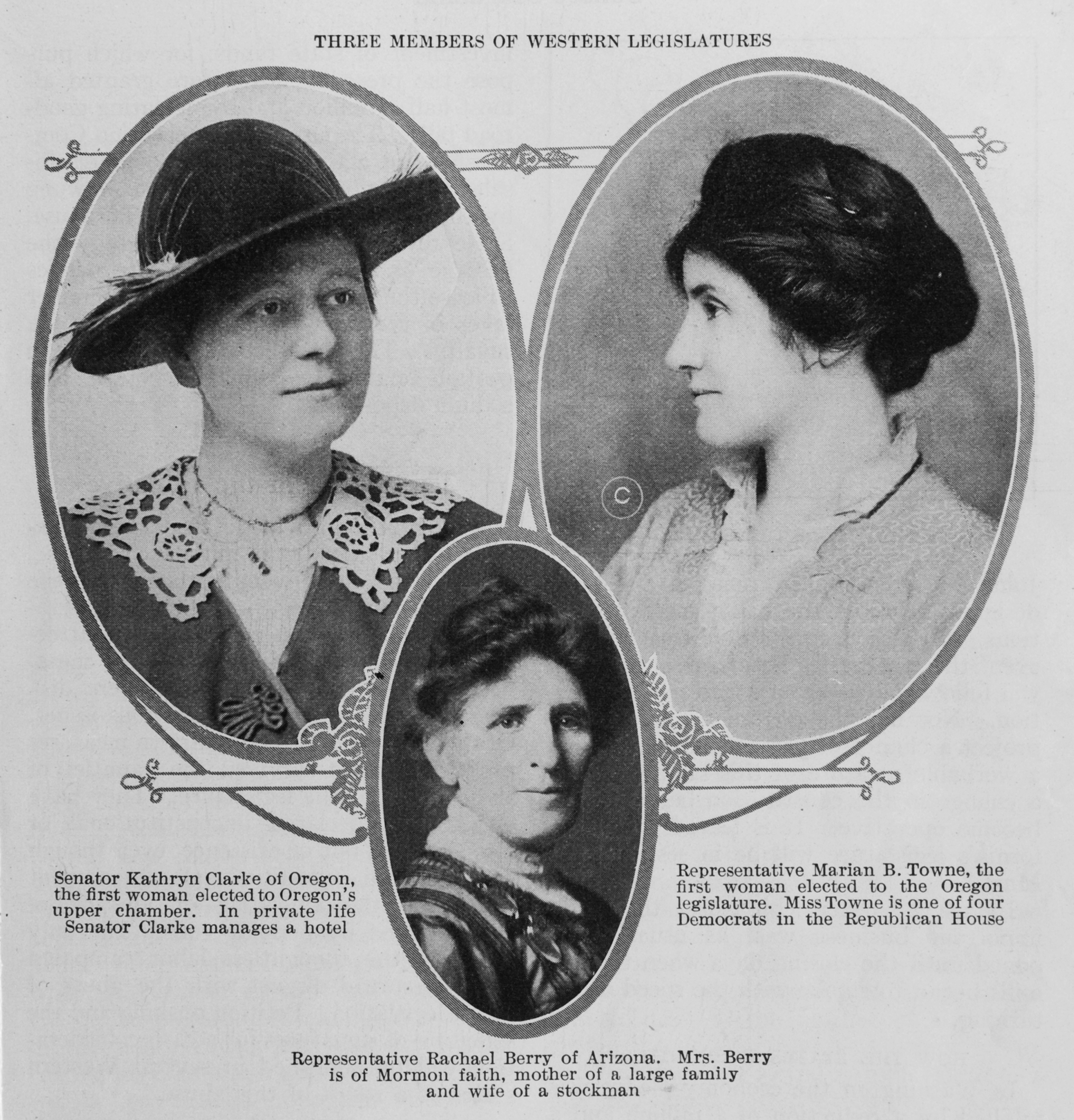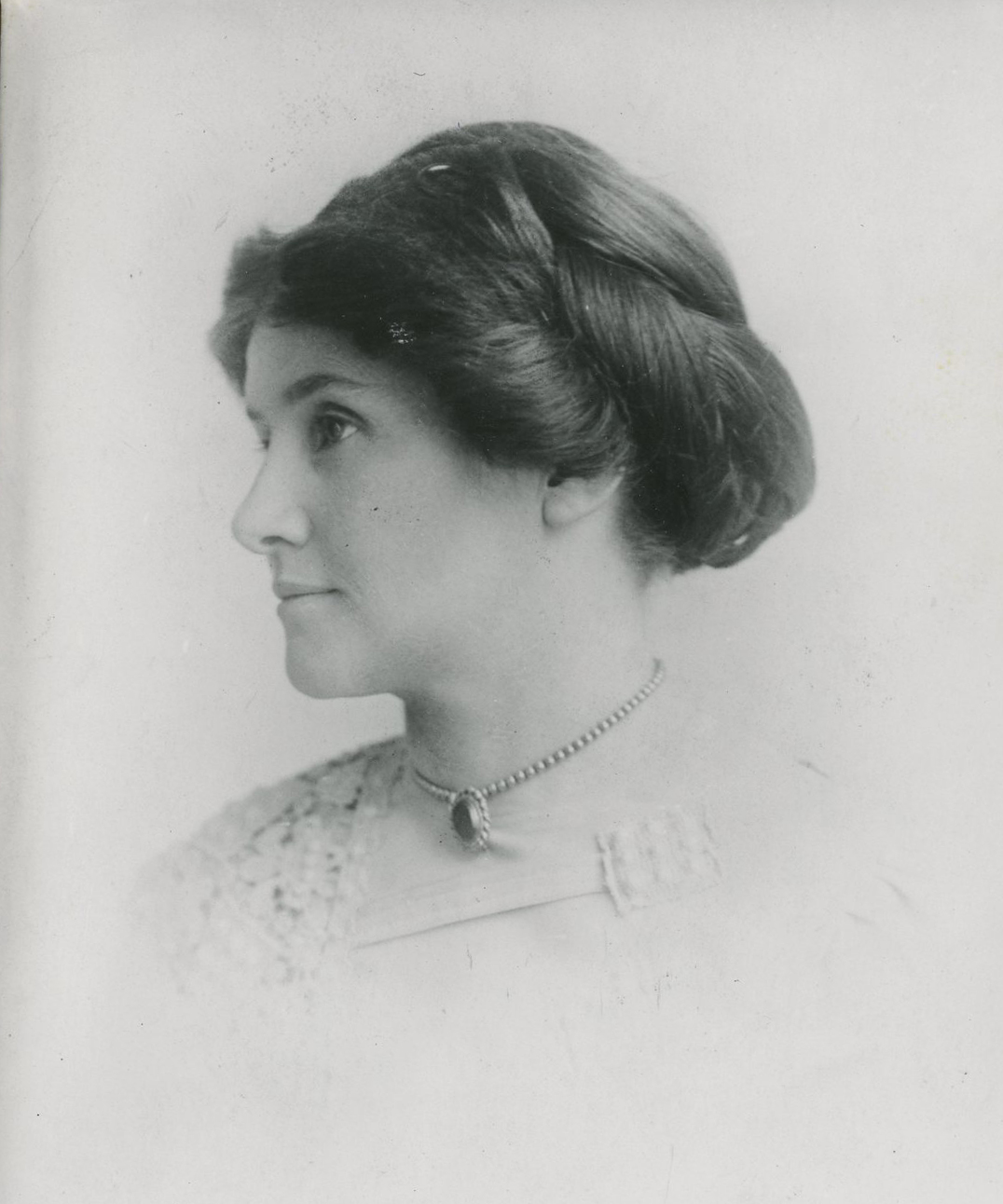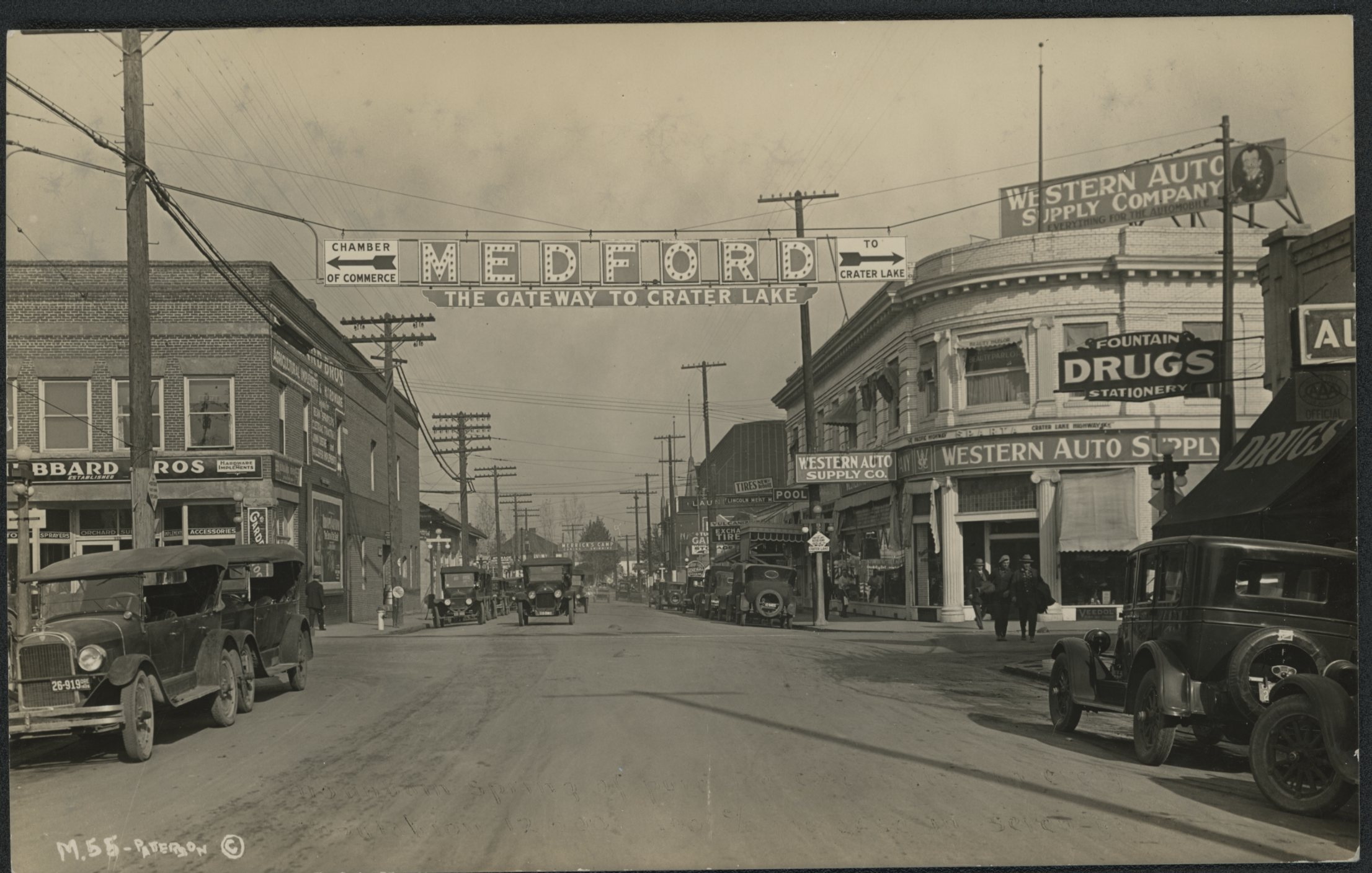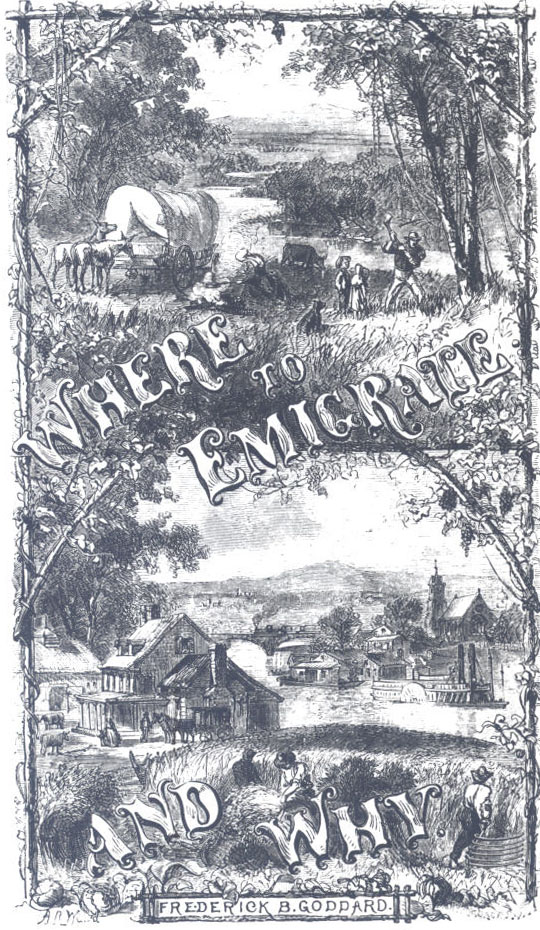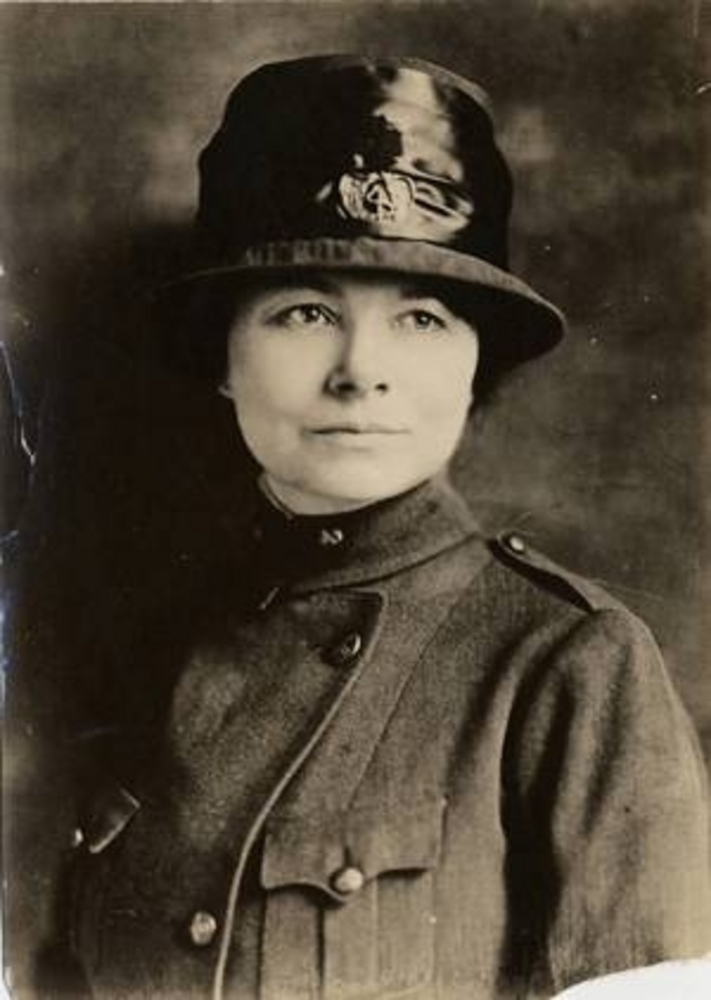Josephine Martin Plymale was both a woman of her time and a woman who defied the gender standards of nineteenth-century Jacksonville, Oregon. She was an orchardist, a journalist, an orator, a town clerk, and a candidate for political office. She lived much of her life as a public figure who advocated for farmers, woman suffrage, and temperance.
Josephine Lucretia Martin was born on June 3, 1845, in Platte City, Missouri, to parents William J. Martin and Harriet Martin. Her family crossed the Oregon Trail when she was about a year old and settled in Lafayette on the Yamhill River. The family moved to Douglas County, where they made a Donation Land Claim near the town of Winchester. William Martin, a political activist and ardent Democrat, was elected to the Provisional Legislature of Oregon from 1848 to 1850 and represented Yamhill County in the Territorial Legislature in 1850–1851.
Little is known of Josephine Martin’s education, but when she was seventeen years old she accepted a teaching position in southern Oregon. It was there that she met William Plymale, a graduate of Willamette College and a student of politics and surveying. The couple married on July 9, 1863; they would have twelve children. They began their married life on the Plymale ranch, located in Manzanita Precinct (now part of Medford). The ranch had been built on a Donation Land Claim by Mary Hatfield Plymale, William’s mother, following the 1852 death of his father, Gabriel Plymale. When Mary Plymale moved to Jacksonville in 1867, she turned the ranch over to her older sons.
During the early years of their marriage, William Plymale worked as a surveyor. He was elected to two terms as Jackson County Surveyor (1865–1873) before being elected an Oregon state legislator in 1874. In 1875, he traded his portion of the family ranch for a house and livery stable in Jacksonville that had been owned by his brother Sebastian.
Josephine Plymale had been raised in a farming family, and in Jacksonville she became an advocate for farmers and agriculture. She was a member of the Jackson County Agricultural Society and the Jacksonville Grange, which elected her treasurer at its founding. She is described in contemporary accounts as a noted public speaker, and she frequently gave talks, including the Grange’s inaugural address in 1875 and the Siskiyou County Agricultural Society’s annual address in Yreka, California, in 1877.
Plymale was also a talented writer of essays and tributes. She worked as a journalist during the 1870s, and for twenty years she was a correspondent and writer for the Ashland Tidings, the Oregonian, and other publications. She was vice president of the Oregon Press Association and a member of the National Press Association. When the woman suffrage movement began gaining momentum in Oregon during the 1870s, Plymale got involved. She was elected vice president of the Oregon Woman Suffrage Association in 1875 and four years later was described as “one of the most active workers in the field whom we have met anywhere.” She was hired as an editorial writer for The Prohibition Star in 1885.
Sometimes her advocacy work was not easy. When she planned a meeting of suffragists at Jacksonville’s Methodist church, for example, the pastor locked the women out of the building. On one occasion, the Plymale family was afraid to leave their house because a violent mob was protesting women’s rights, a demonstration that may have been directed at Plymale’s involvement with the temperance movement. She was treasurer of the local branch of the WTCU and actively opposed the excessive consumption of alcohol.
Plymale filed as a candidate for Jackson County recorder in 1892. Her name never appeared on the ballot. A year later, she was hired as committee clerk for the Oregon Legislative Assembly, and in 1895 she was employed as a clerk for the Oregon State Senate. She took her two youngest daughters, nineteen-year-old Emma and seventeen-year-old Marie, with her to Salem during the legislative session so they could learn how laws were made. She served as interim Jacksonville town clerk in 1898.
Josephine Plymale died on June 16, 1899, at the age of fifty-four, from an unknown illness. She is buried in the Jacksonville cemetery.
-
![]()
Josephine Martin Plymale.
Courtesy Carolyn Kingsnorth -
![]()
Medford Mail, February 4, 1892.
Medford Mail -
![]()
Josephine Martin Plymale.
Courtesy Southern Oregon Historical Society -
![]()
William Plymale.
Courtesy Southern Oregon Historical Society, SOHS #26898 -
![]()
The Plymale Cottage, Jacksonville.
Courtesy Carolyn Kingsnorth
Related Entries
-
Abigail Scott Duniway (1834-1915)
Outspoken and often controversial, Abigail Scott Duniway is remembered …
-
![Clara Cynthia Munson (1861–1938)]()
Clara Cynthia Munson (1861–1938)
Clara Cynthia Munson had a brief but shining moment in Oregon history w…
-
![Kathryn Clarke (1873-1940)]()
Kathryn Clarke (1873-1940)
Kathryn Clarke, the first woman to serve in the Oregon Senate, made wor…
-
![Marian B. Towne (1880 - 1966)]()
Marian B. Towne (1880 - 1966)
As the first woman elected to the Oregon House of Representatives (1914…
-
![Medford]()
Medford
Medford, the county seat of Jackson County, was platted in 1883 in the …
-
![Oregon Trail]()
Oregon Trail
Introduction In popular culture, the Oregon Trail is perhaps the most …
-
Woman Suffrage in Oregon
The campaign to achieve voting rights (also called suffrage or the fran…
Related Historical Records
Map This on the Oregon History WayFinder
The Oregon History Wayfinder is an interactive map that identifies significant places, people, and events in Oregon history.
Further Reading
Wadleigh, Ryan. “Wadleigh-Brown-Plymale-Bixby.”
"Mrs. W. J. Plymale, of Jacksonville, has been appointed superintendent of Division M., of the state fair.” Salem Statesman Journal, September 2, 1894, p. 8.
"The annual address of the Siskiyou County Fair was delivered by Mrs. W. J. Plymale, of Jackson county, Oregon." Sacramento Daily Union, October 5, 1877, p. 2.
"Mrs. J. L. M. Plymale has succeeded Mrs. B. M. Gill as correspondent of the Ashland "Tidings" at the county seat.” Jacksonville The Democratic Times, May 23, 1889, p. 3.
“Oregon State Woman Suffrage Association, Second Annual Convention,” The New Northwest, February 19, 1875, p. 2.
“Mrs. W. J. Plymale of this place has accepted a position as editorial writer for the ‘Prohibition Star.’” Oregon Sentinel, December 26, 1885, p. 3.
"Mrs. W.J. Plymale, of Jacksonville, we understand, will enter into the field this year in persuit (sic) of the nomination for recorder on the Republican ticket.” Medford Mail, February 4, 1892, p. 3.
Obituary of Josephine (Martin) Plymale, Medford Mail, June 23, 1899.



